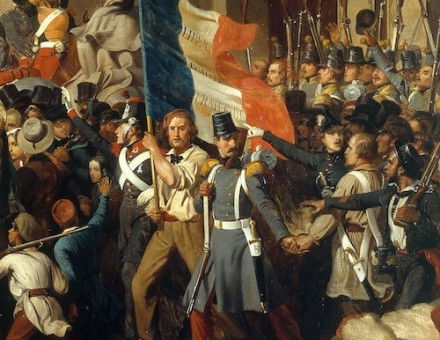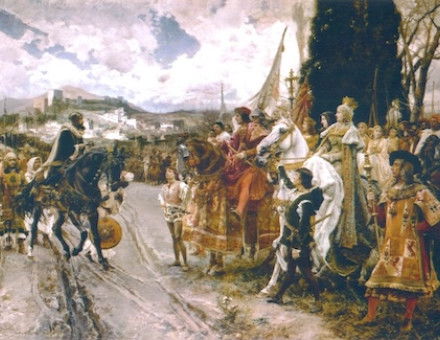Why Study Medieval History?
Andrew Robinson enjoys contradicting the image too many people have of the medieval period.
It so happens I am writing this on the day when the newspaper obituaries are full of one of the greatest of British historians this century, Sir Steven Runciman. He played piano duets with the last emperor of China, told tarot cards for King Fuad of Egypt, narrowly missed being blown up by the Germans in the Pera Palace hotel in Istanbul and twice hit the jackpot on slot machines in Las Vegas. I can’t guarantee your life will be quite like that if you devote it to Byzantium or a study of the Crusades – but maybe it’s got something going for it.
Image and Reality





